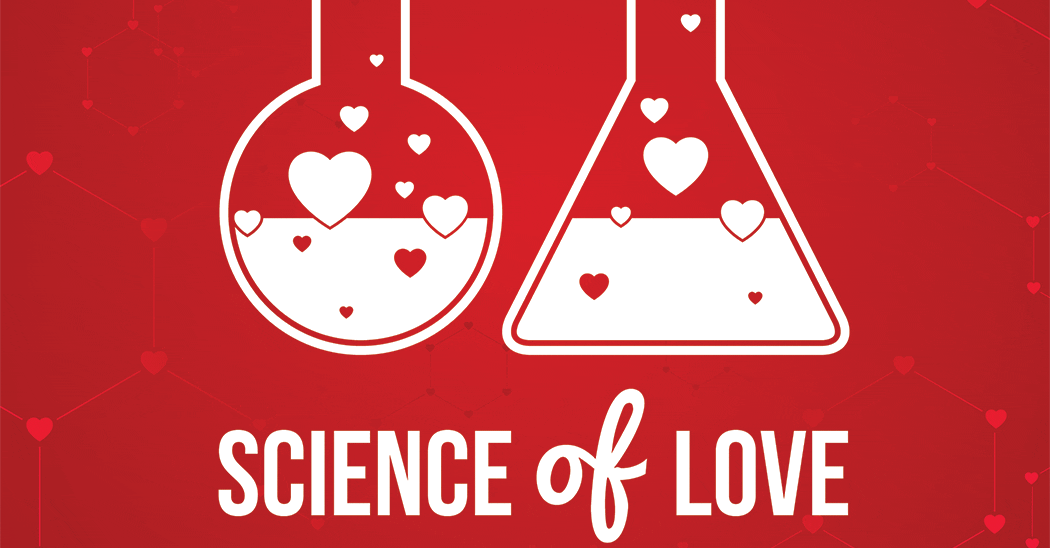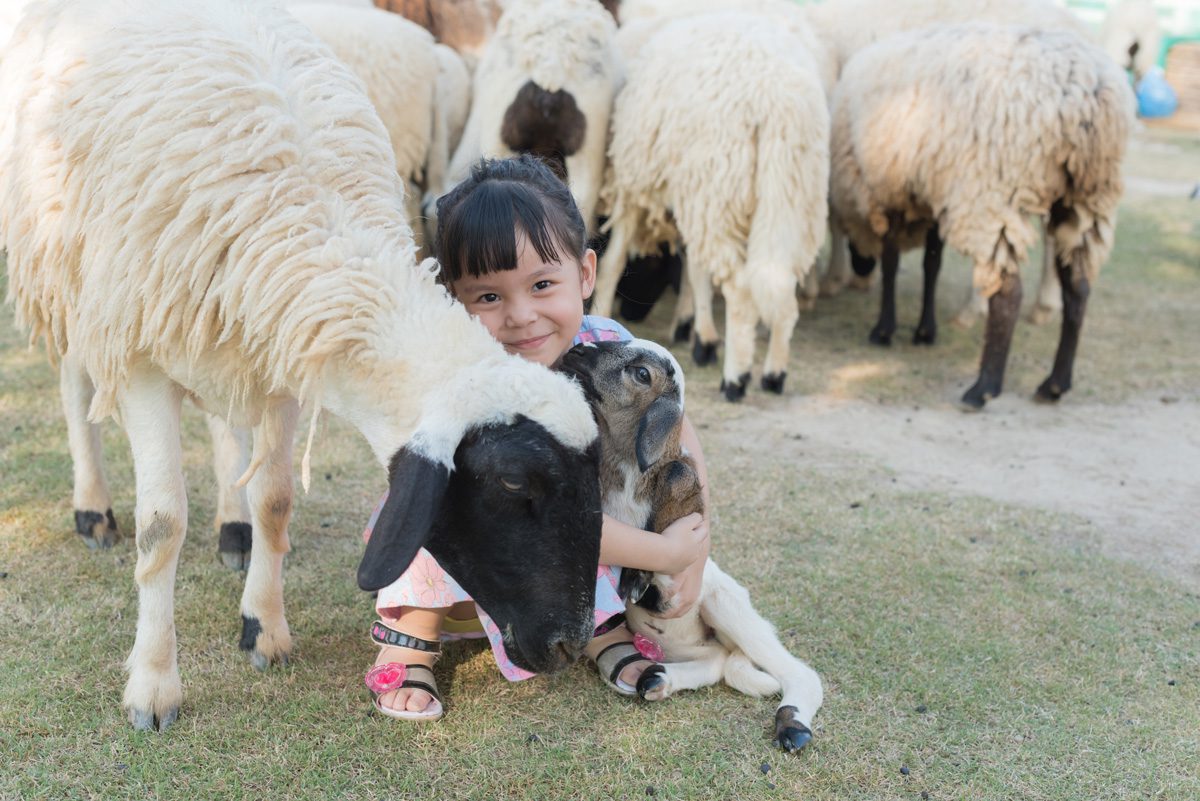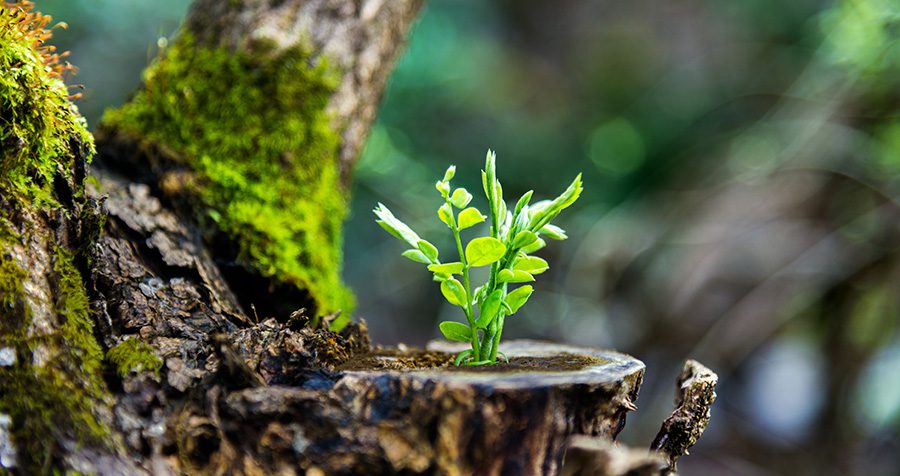Possible Preaching Themes
Possible Scientific Resources
- What placenta can teach about advent as time for human-divine exchange
- Making space for God
- Where God chooses to dwell
- Multifaceted, Transient Liturgical Season
- As a multifaceted, transient organ, the placenta can teach about advent as a multifaceted, transient season for human-Divine exchange.
- The placenta’s prime function is physiological exchange, including blood flow, endocrine functions, and protective barrier. It manages placental exchange in three different ways.
- The placenta(p. 9) provides oxygen, nutrients, and immunity; and removes wastes, and carbon dioxide
- The blastocyst (the fertilized egg after four days since fertilization) initiates the development of the placentaand later the placenta nurtures the fetus
- The uterusnurtures the fetus during the first trimester and the placenta during the third and second trimester.
- Making Space for God
- What does the science of pregnancy teach us about making space for God?
- Requires elasticity, e.g., uterus grows from the size and shape of a small pear to that of a watermelon.
- Requires the discomfort, as the growth of the uterus causes organs displacement.
- May result in unexpected changes. There are a range of other strange, but normal, body changes during pregnancy https://unmhealth.org/stories/2021/01/pregnancy-body-changes.html
- It has risks.
- Where God Chooses to Dwell
- Humans and some mammals house developing embryos inside their bodies(p. 7).
- The womb provides protection, site, space to grow.
- The womb provides shelterlike a house does.
Homily Outline Combining Resources
- Introduction
- Advent is a time of expectant waiting for Christ’s return. Mary’s consent to be pregnant parallels our preparation for Christ’s arrival.
- Today’s readings include God’s promise to King David and to the mother of Jesus. Together the readings help us focus on Jesus as the fulfillment of God’s promise to establish David’s house forever.
- God’s promise to David is a response to his desire to build a house for God, a house better than his own.
- This homily uses the concept of house and God’s choosing Mary’s womb as a house for Christ for rendering God’s presence among God’s people.
- The Human Need for Shelter
- Humans have basic physiological needs, including air, water, food and shelter.
- Humans, most mammals, and a few other species house, protect, and nourish developing embryos inside their own bodies(p. 7).
- Humans house their embryos inside a womb with the amniotic sac and placenta, meet the fetus’s basic needsof oxygen, nutrients, protection, and a space to grow.
- The womb houses the fetusin a similar way that the tent housed the ark of God.
- Reversal and Postponement: God Establishes David’s House at a Later Time
- God reversed roles with David: David will not house God, but God will house David.
- David wants to build a house for God because he has a luxurious house so finds a tent unfitting to shelter the ark of God.
- God does not choose to dwell in a house built by David.
- Instead promising to establish a house for David, through a, heir who will be a son to God and whose kin-dom shall endure forever.
- Thehouse that God promises is not a building but a lineage, a family.
- Jesus is the fulfillment of that promise: the Son of the Most high.
- God will give him the throne of his David and he will rule forever over the house of Jacob, which is not a physical place.
- According to Luke God waited a long time to establish a house for David and to build a divine dwelling place.
- God postpones fullfilment.
- Some animals stop or delay their pregnancy(p. 7) until conditions are favorable for their offspring.
- In a sense, God postpones pregnancy from David’s time to Mary’s time,
- God reversed roles with David: David will not house God, but God will house David.
- God Chooses a Womb as a Dwelling Place
- To fulfill the promise to David, God chose Mary’s womb as a dwelling place, even if for a short time.
- This marks another reversal: the God who establishes houses and provides dwelling places is the one to be housed, this time I a womb.
- Jesus’ mother is the one housing God Incarnate, using her own body toprotect, warm, nourish, ans shelter Jesus-God-Incarnate.
- Rethinking God’s Dwelling Places Today
- God continues to dwell among us.
- While we sometimes call our impressive church buildings as “houses of God,” the Holy One reveals a preference to dwell in tents and wombs over palaces and houses of cedar.
- Paul reminds us that in Christ we are “being built together into a dwelling place for God in the Spirit.”
- In a sense, believers and assemblies are pregnant with God, which in turn requires us to give to God out of our own bodies.
- Being pregnant with God leads to bodily changes, and ultimately to new life in the world.
- Advent (similar to Mary’s pregnancy) is a time to notice and collaborate with the changes that God’s presence is causing in the body of Christ, and to birth again his presence in the world.
- By living Christ’s law of love, his beatitudes, his care for the marginalized, he continues to dwell among us and his kin-dom endures as promised.
Related Homily Outlines
Couldn’t find what you’re looking for?
Try searching with another filter

Preaching with Sciences

Edward Foley, Capuchin
Duns Scotus Professor Emeritus of Spirituality
Professor of Liturgy and Music (retired)
Catholic Theological Union
Vice-Postulator, Cause of Blessed Solanus





